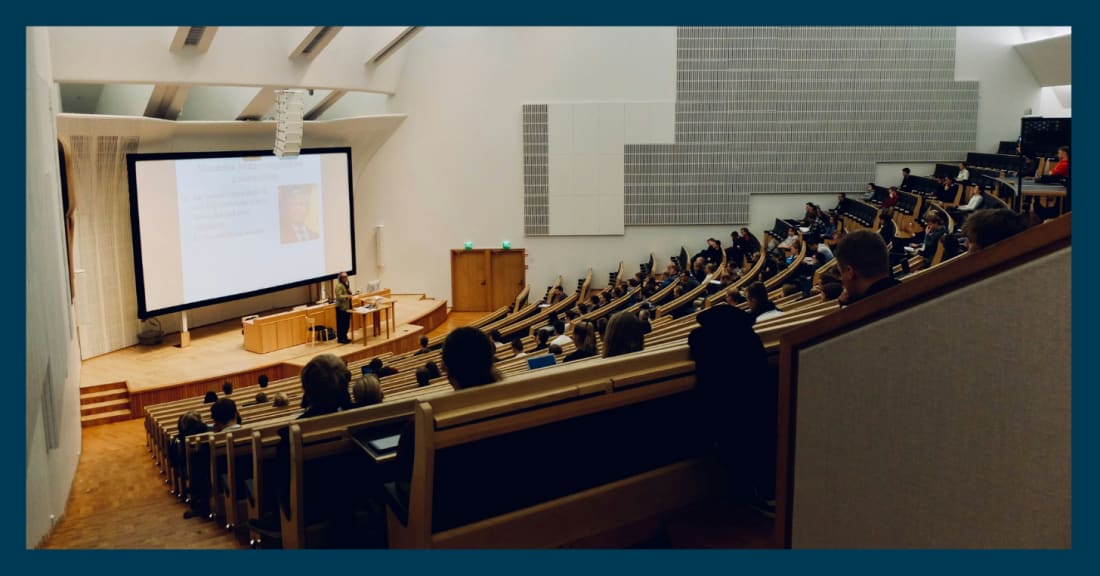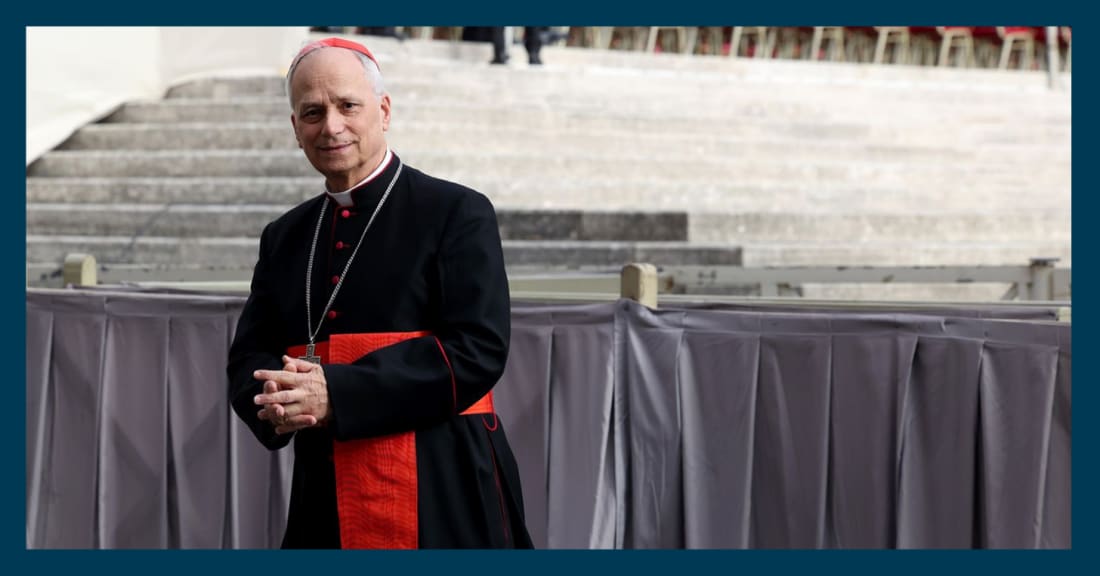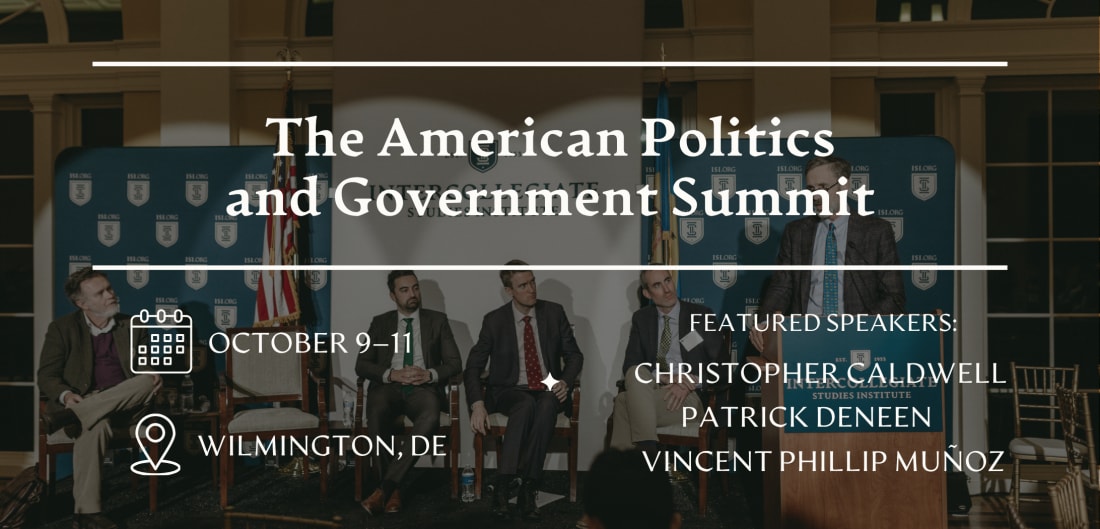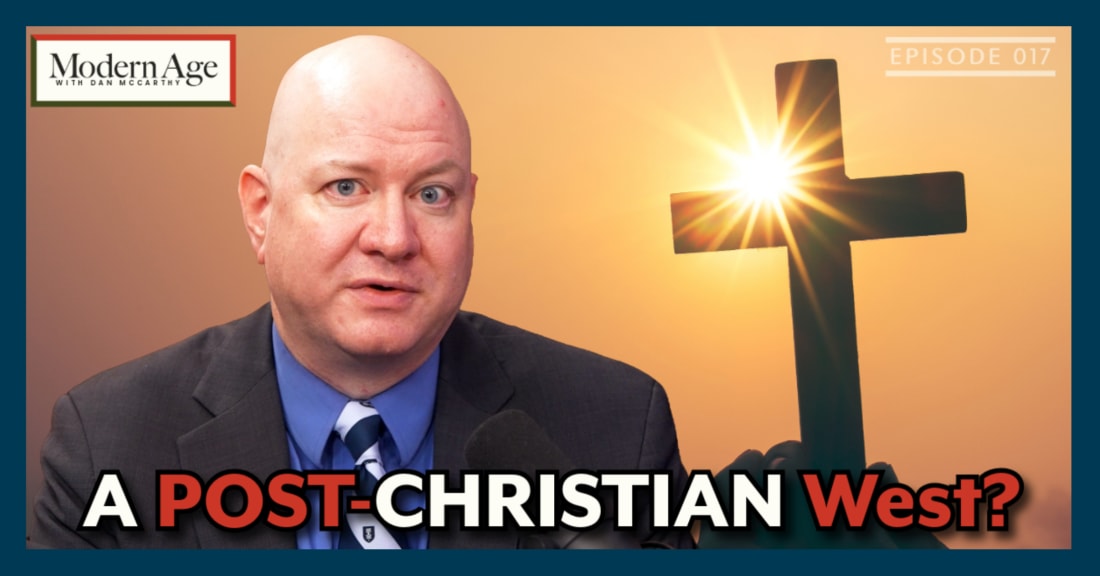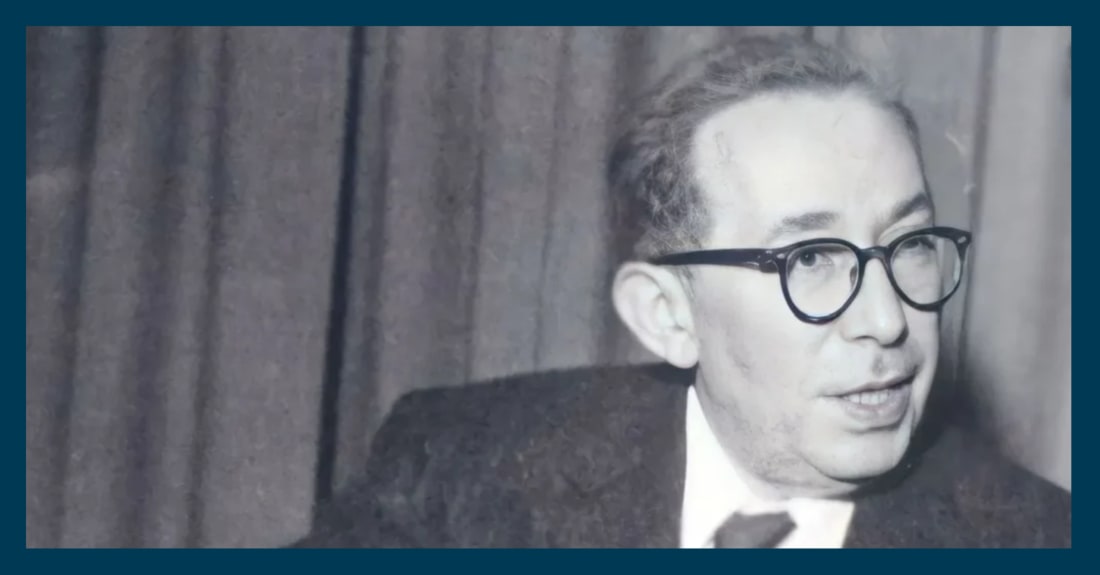|
 |
Can we restore the social contract between the public and universities?
Intercollegiate Review | Conservatism's sharpest voices, curated weekly. ISI's weekly newsletter brings you the best in serious conservative thought.
Broken Promises: The Root of the Crisis in American Higher Education
It’s no secret that the American higher education system is in crisis. Today’s universities are reaping the fruit of decades of ideological imbalance and radicalization, and as a result, public trust in universities has plummeted. Add in the looming student debt crisis and ever-increasing tuition rates, and it becomes clear that the entire higher education system is teetering on the edge.
Writing in National Affairs, William Inboden argues that the root of the higher ed crisis is the rupture of the social contract between the academy and the American public. Since the early 20th century, American citizens have provided universities with both financial support and reputational capital. In return, Inboden says, universities were supposed to provide useful and insightful research that advances America’s interests, as well as an education that prepares citizens for self-government. Today’s universities, however, have reneged on both obligations. Top STEM research centers now channel research to the Chinese Communist Party, and the humanities departments at America’s most prestigious universities are hotbeds of radical, anti-American ideology.
Despite the damage already done, Inboden suggests that this crucial social contract can still be restored. The new schools of civic thought provide some promise for meaningful change—but the best hope lies in a broader revival of liberal education in American universities.
Read the rest of Inboden’s article online here.
|
Pope Leo the Lawyer
In the immediate aftermath of Pope Leo’s election, many media outlets highlighted the Pope’s childhood on Chicago’s South Side and his affection for his hometown White Sox. But what most might not know about Pope Leo is that he’s a legal expert—specifically in Catholic canon law.
In an essay on their Substack, the managing editors of The New Digest discuss Pope Leo XIV’s legal views. “As befits both a Pope and a canon lawyer,” they observe, “he teaches the right, true, perennial and thoroughly classical jurisprudence.” In his public statements, Pope Leo has affirmed the traditional teaching on natural law, which holds that natural law is binding by virtue of its inherent authority and that its force does not depend on positive enactment by human legislators. The Pope has also invoked the Augustinian principle that an unjust law is no law at all.
The managing editors of the New Digest contend that Pope Leo’s reaffirmation of traditional natural law theory should be of special interest to Catholic legal positivists and natural law originalists. In their view, Pope Leo’s position stands in tension with both the positivist and originalist schools of thought.
Read the rest of The New Digest’s assessment online here.
Compendium
Every article we feature here is available to read for free. Articles from paywalled publications are available through gift links.
Hannah Rowan, Managing Editor of Modern Age, on MAHA and childhood obesity in The New Atlantis.
Aaron Renn on Gen Z’s religious renewal on his Substack.
Armond White on the politics of One Battle After Another in National Review.
Freya India on reducing everyday life into social media content in After Babel.
James Panero on the MET’s recent curatorial confusion in The New Criterion.
Steven F. Hayward on the ethics of political responsibility from the Civitas Institute.
Auguste Meyrat on Rod Dreher’s call to re-enchant the West in The Federalist.
Armand D’Angour on contemporary translations of Virgil’s Aeneid in Engelsberg Ideas.
Upcoming ISI Events:
If you enjoy what you’re reading here, we invite you to engage with ISI at one of our upcoming in-person events.
American Politics and Government Summit | October 9–11 | Wilmington, DE
This annual scholarly conference examines the theme Statesmanship and Leadership in the Age of Mass Society and draws on timeless thinkers to address modern challenges. The summit is open to the public, offering rigorous discussion across history, politics, literature, and related fields.An Evening with Calley Means | October 23 | Wilmington, DE
Join ISI and the Brandywine Women’s Coalition for an evening with Calley Means, co-author of the #1 New York Times bestseller Good Energy: The Surprising Connection Between Metabolism and Limitless Health. Means will share insights on America’s rising chronic disease crisis and offer practical steps to reclaim lasting vitality.An Evening with Ann Coulter | November 8 | Wilmington, DE
Join ISI for a reception and dinner with best-selling author and nationally renowned columnist Ann Coulter. Coulter will deliver an unforgettable keynote address on the role of conservative media in shaping the national conversation, drawing on her illustrious media career.
Visit our events page on our website to see all upcoming events.
This week, from ISI’s Digital Media:
As the West becomes less Christian and less culturally European, what happens to conservatism? Dan McCarthy examines how demographic and religious shifts in America and Europe are reshaping conservative identity. Drawing on Tocqueville and Strauss, he questions whether conservatism’s Christian and Western roots can endure in a more diverse, post-Christian world.
Subscribe to Modern Age with Dan McCarthy here.
Subscribe to our YouTube channel for more content like this.
This week, from the Collegiate Network:
ISI’s Collegiate Network supports over 80 student-run publications across the country, empowering students to run independent college newspapers, magazines, and journals that report on important issues ignored by the mainstream media.
Sacramental Storytelling in Chekhov’s The Student via The Crusader Standard
When the Gospel becomes flesh in Chekhov’s The Student, we glimpse how youthful longing, history, and Christ’s Incarnation weave into one unbroken chain of meaning.This Isn’t the End of the World via The Rostra
History’s darkest riots and Dante’s climb from Inferno remind us that we’ve endured worse before.From Radcliffe to Ruin via The Harvard Salient
As Harvard drifts from its roots, the dissolution of single-sex education raises a deeper question: can a true university form men and women in virtue without honoring their distinct natures?Amidst Political Unrest, Nepal Elects First Female Prime Minister Over Discord via The Jefferson Independent
When Nepal’s youth turned a social media ban into a street revolution, their protests made history.An End to Wall Street’s Greatest Loophole? via The Washington and Lee Spectator
Wall Street’s best-kept secret is the carried interest loophole, and it now faces political fire.
Visit our Student Journalism section to read more from the Collegiate Network.
The Real Meaning of “Straussianism”
Debates among conservatives often involve niche terms. Words such as “paleo-conservative,” “fusionist,” and “New Right” may be familiar within conservative circles, but to the average observer, they can be mystifying.
Perhaps one of the least understood of these terms—even among conservative groups—is “Straussianism.” An umbrella term used to describe the entire school of thought that developed from the teachings of 20th-century philosopher Leo Strauss, Straussianism is both confusing and controversial. But in this week’s article from Modern Age, excerpted from ISI’s American Conservatism: An Encyclopedia, ISI Board Chairman Mark C. Henrie explains what Straussianism is and how it relates to American conservatism.
At its core, Straussianism emphasizes close readings of Great Books in order to uncover truths that transcend the historical context and personal influences of the authors. Henrie argues that this emphasis on Great Books and the pursuit of transcendent truth has led Straussianism to be “rightly recognized as an authentic form of conservatism.”
The complexity arises, however, from the conflicting schools of thought within Straussianism. Henrie identifies two main schools—East Coast and West Coast Straussians—which differ sharply in their views about the relationship between reason and revelation as well as the meaning of the American founding.
Learn more about the nuances of Straussianism here on the Modern Age website.
Modern Age is ISI’s flagship publication. Visit modernagejournal.com and subscribe for a free daily newsletter.
“Liberal education is liberation from vulgarity. The Greeks had a beautiful word for ‘vulgarity’; they called it apeirokalia, lack of experience in things beautiful. Liberal education supplies us with experience in things beautiful.”
– Leo Strauss
Celebrate America’s semiquincentennial with ISI and help shape the next 250 years of our country. Your support of the America 500 Education Fund will help ISI reach, teach, and launch the next generation of conservative leaders. Visit isi.org/america500 to learn more.
